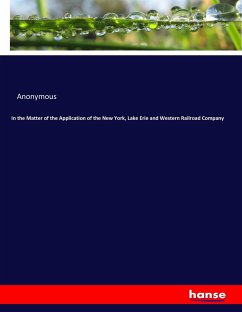Waterways have been key factors in the development of societies from prehistoric times, particularly due to their role as vectors for cultural interactions, material exchange, and transmission of knowledge. The fluidity of these highways of transport and communications is tightly linked to the presence of transit points: spaces with unique geographical characteristics that acted as nodal points between different communities. Transit points are thus defined as places of intense social contacts, putting objects of physical geography into the domain of social sciences and humanities.The subject is challenging, as activities that happen in aquatic spaces seldom leave substantial archaeological traces behind. Nevertheless, by focusing on the intersection between humans and their environment down by the water, this book demonstrates what can be achieved by changing the research paradigm to one that fully embraces the nuances of the aquatic world, and especially the intricate connection between society and waterscapes.
Hinweis: Dieser Artikel kann nur an eine deutsche Lieferadresse ausgeliefert werden.
Hinweis: Dieser Artikel kann nur an eine deutsche Lieferadresse ausgeliefert werden.








